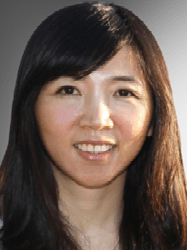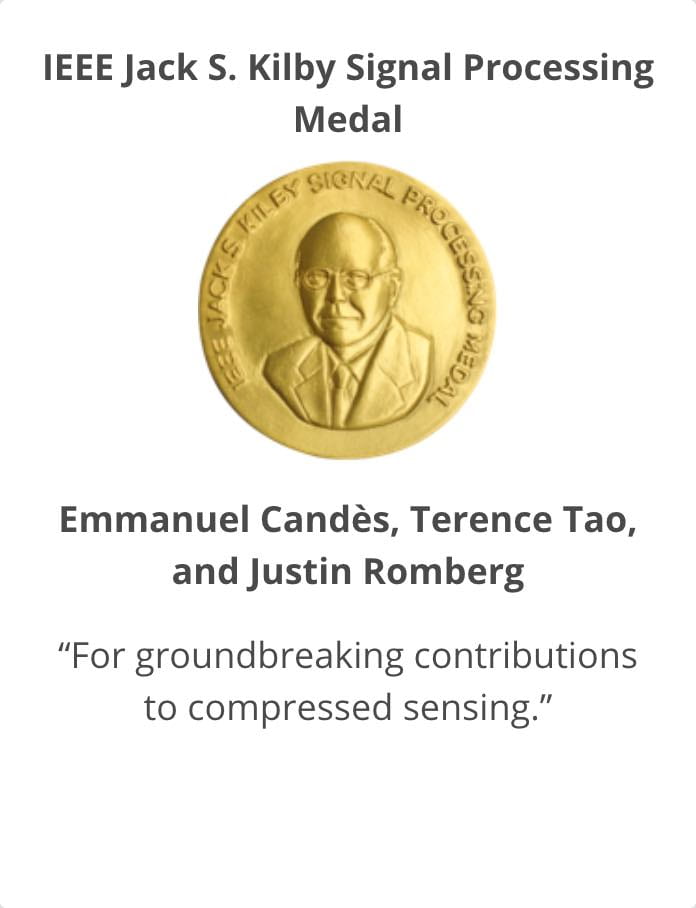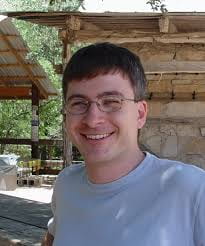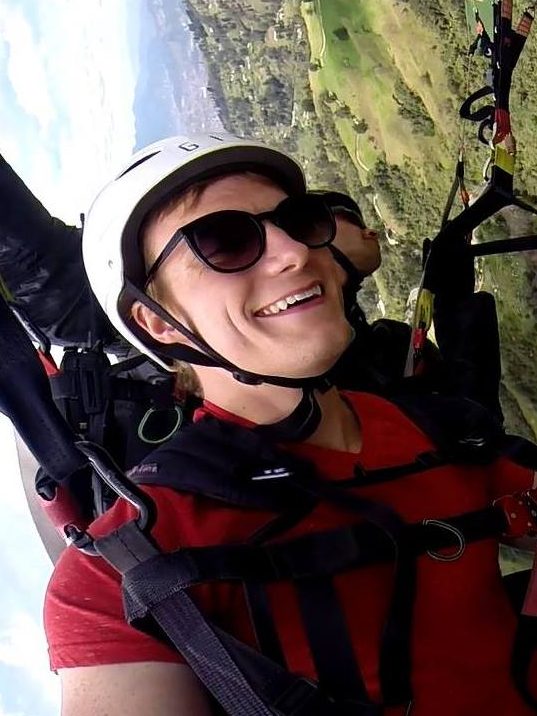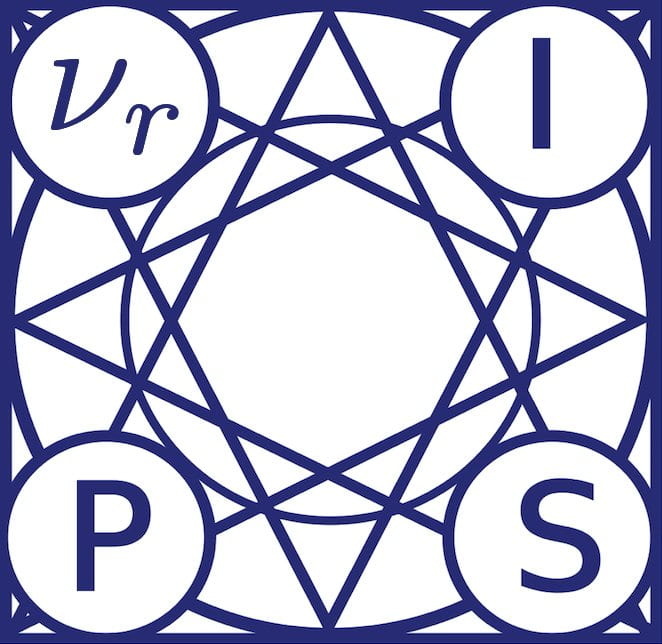S. Sonkar, A. Katiyar, R. G. Baraniuk, "NePTuNe: Neural Powered Tucker Network for Knowledge Graph Completion," arxiv.org/abs/2103.08711, April 15, 2021.
Accepted at ACM IJCKG 2021 - The 10th International Joint Conference on Knowledge Graphs.
Knowledge graphs link entities through relations to provide a structured representation of real world facts. However, they are often incomplete, because they are based on only a small fraction of all plausible facts. The task of knowledge graph completion via link prediction aims to overcome this challenge by inferring missing facts represented as links between entities. Current approaches to link prediction leverage tensor factorization and/or deep learning. Factorization methods train and deploy rapidly thanks to their small number of parameters but have limited expressiveness due to their underlying linear methodology. Deep learning methods are more expressive but also computationally expensive and prone to overfitting due to their large number of trainable parameters. We propose Neural Powered Tucker Network (NePTuNe), a new hybrid link prediction model that couples the expressiveness of deep models with the speed and size of linear models. We demonstrate that NePTuNe provides state-of-the-art performance on the FB15K-237 dataset and near state-of-the-art performance on the WN18RR dataset.


